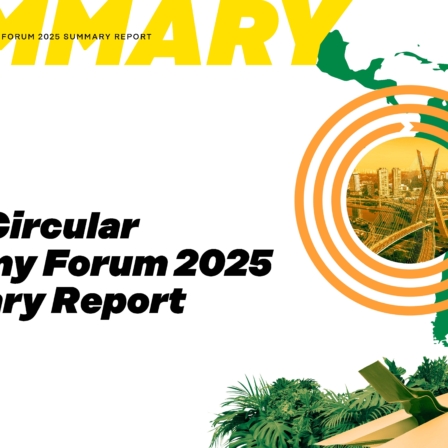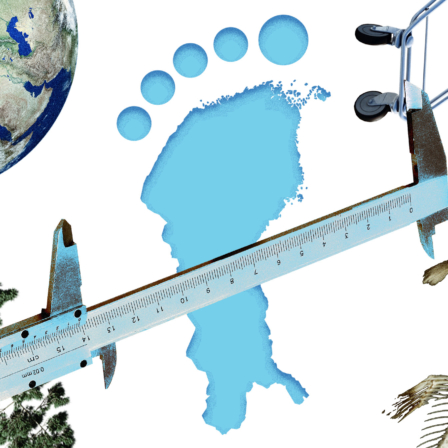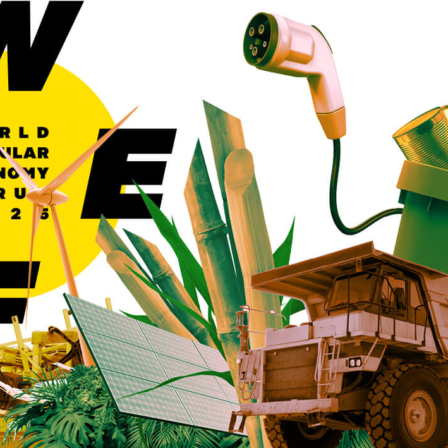The Japanese government has been a leading advocate of the 3Rs and Circular Economy, known as the Sound Material Cycle Society in Japan, in international policy processes over the last two decades. Japan has shown its leadership in this area through the G8/G7 processes. For example, Japan’s proposal to conduct international collaborative research on Material Flow Accounting at the G8 Evian Summit in France in 2003 resulted in the development of a scientific knowledge base for resource efficiency and decoupling in collaboration with OECD. Japan also proposed to launch the 3R Initiative at the G8 Sea island summit in the United States in 2004 to mainstream the 3Rs and Circular Economy. The initiative was a collaborative network to facilitate discussion to promote the 3R policies and improving resource productivity, including target setting. These actions resulted in the endorsement of Kobe 3R Action plan at the G8 Toyako Summit in Japan in 2008.
The action plan was the baseline for discussion on 3R policies, which has now evolved into current resource efficiency, and for circular economy discussion in the international community. Additionally, Japan played a major leading role in the establishment of the Regional 3R Forum in Asia and the Pacific in 2009. The 3R Forum is the main international policy platform for the 3Rs and Circular Economy in Asia and the Pacific region with participants from more than 40 countries. The eighth Forum was organised in April 2018 in India.
Furthermore, the G7 Environment Ministers’ Meeting in Japan in 2016 agreed on the Toyama Framework on Material Cycles to promote a resource efficiency agenda on a global scale, which was activated during the German Presidency of G7 in 2015.
These Japanese initiatives of the 3Rs and circular economy are based on unique and robust policy experience of the Sound Material Cycle Society. With Japan’s framework policy, Japan enacted the Basic Act for Establishing a Sound Material-Cycle Society in 2001 as well as the Fundamental Plan for Establishing a SMC Society in 2003 with their implementing laws including the Waste Management and Public Cleansing Law in 1970 and Law for the Promotion of Effective Utilization of Resources in 1991. Furthermore, Japan has six specific recycling laws for containers and packaging, home appliances, food, construction materials, end-of-life vehicles and small home appliances. The fundamental plan has been revised every five years and the fourth version of the plan was published in spring 2018, which contains a new approach for Japanese policies on the circular economy.
Through continuous efforts on the sound material cycle society and the concept of Mottainai, which means that it is a shame for something to go to waste without having made use of its potential in full, Japanese society and industry have developed their own management system, business and technologies that go beyond policy requirements. However, Japan’s expertise and experiences as well as the prosperity of the 3Rs and circular economy in Asia-Pacific region have probably been less known to the global community due to psychological and geographical distances.
The World Circular Economy Forum 2018 this coming October will be a valuable opportunity to reach for a new frontier to accelerate efforts to achieve a circular economy.

















Recommended
Have some more.